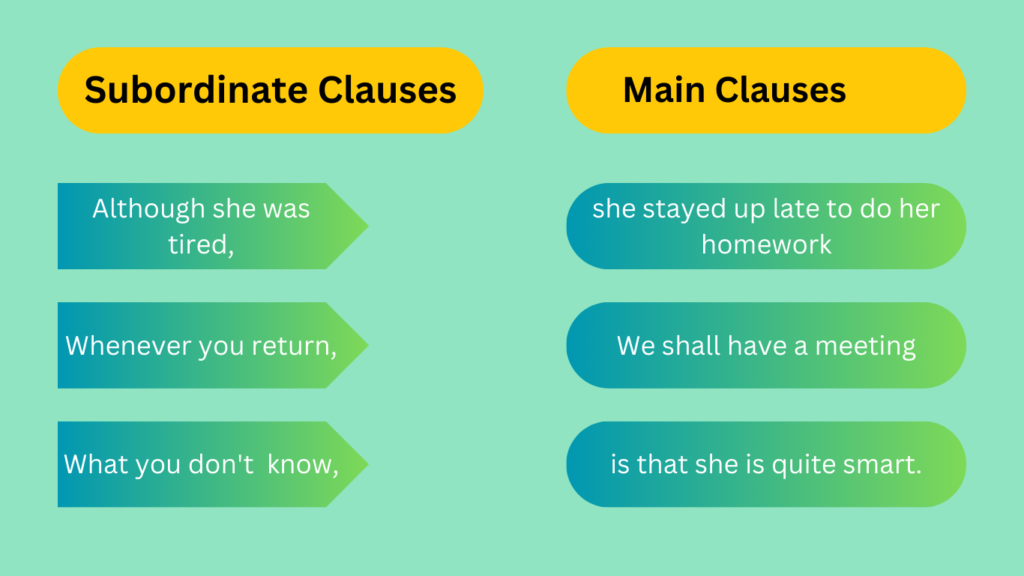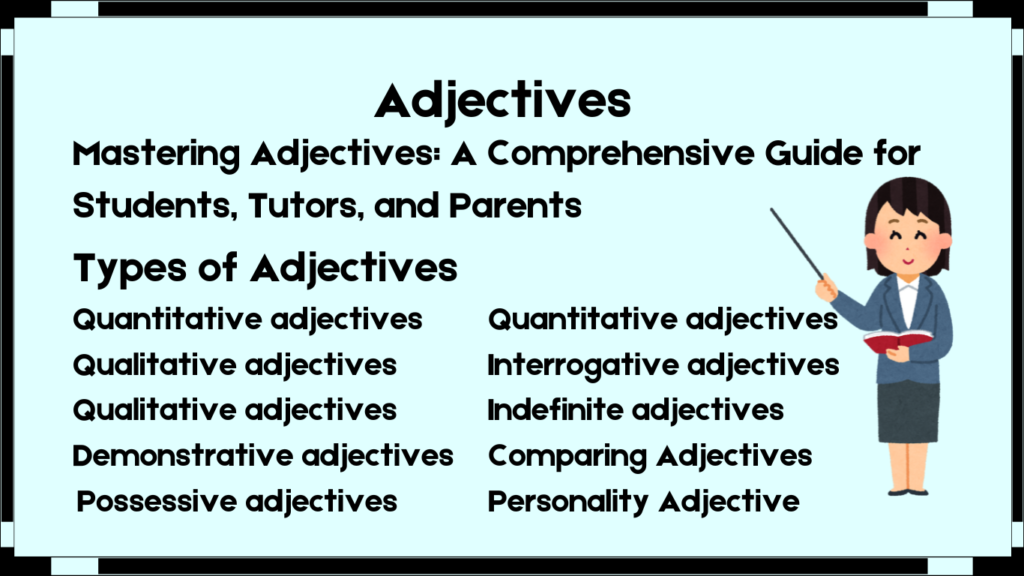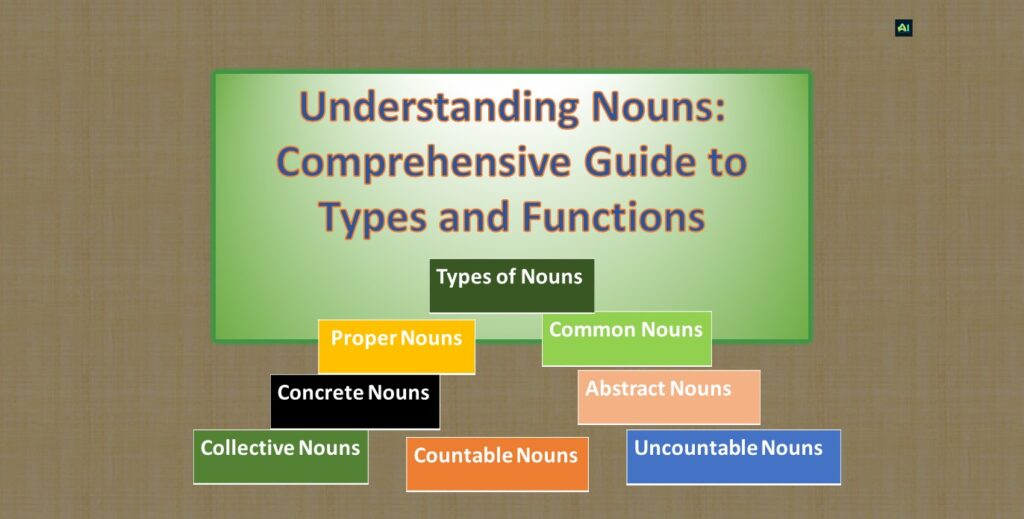Master the Essentials of Sentence Structure for Improved Writing and Higher SAT Scores
Understanding main and subordinate clauses is essential for exam success. It is also crucial for constructing clear and effective sentences. Whether you’re a seasoned writer or just starting, understanding these clauses will enhance your writing quality and readability. In this blog post, we’ll delve into what main and subordinate clauses are, their differences, and how to use them effectively in your writing.
Watch Video Subordinate and Main Clauses
What are Subordinate Clauses?
Definition of Subordinate Clauses
Subordinate clauses or dependent clauses are clauses that cannot stand independently as a whole sentence. They depend on a main clause to provide a complete thought. Subordinate clauses add extra message to the main clause, enhancing the detail and complexity of the sentence. For example, “Although it was raining, we went for a walk.”
Characteristics of Subordinate Clauses
Subordinate clauses:
– Have a subject and a verb.
– Cannot stand as a complete sentence. It depends on the main clause for its meaning.
– Do not make a complete sense on their own.
– Are introduced by subordinating conjunctions (e.g., although, because, since).
Examples of Subordinate Clauses
– …when the bell rang
– … because she was tired,
– … although he studied hard
Keep reading to learn how to combine an independent clause with a dependent clause to form a complete sentence
Importance of Subordinate Clauses in Writing
Subordinate clauses are crucial for adding depth and complexity to your writing. They allow you to provide additional information, reasons, conditions, or contrasts, making your sentences richer and more informative.
Understanding Main and Subordinate Clauses For Success
in WAEC NECO and GCE Exams
It is no longer news that WAEC demands students to identify the grammatical name given to an underlined expression in a sentence. This question usually appears in the comprehension section. While this post does not deal with the types of subordinate clauses, it does help you identify subordinate clauses. First, you need to be able to identify a subordinate clause before you can determine the type of clause it is, whether it is a noun clause, adjective clause, or adverb clause. Only when you can distinguish an independent clause from a dependent or subordinate clause will you be able to name the grammatical structure. This post helps you learn the difference between a main clause and a subordinate clause. Once you are done learning this, you can go ahead and learn about the types of clauses.
How to Use Main and Subordinate Clauses Effectively
Combining Main and Subordinate Clauses
To create complex and compound sentences, combine main and subordinate clauses. This combination allows you to add more detail and variety to your writing. For example:
– She went to the party (main clause)
– because she was invited (subordinate clause).
Combined: She went to the party because she was invited
– Although it was late (subordinate clause)
– he continued working (main clause).
Combined: Although it was late, he continued working
Punctuation Rules
Proper punctuation is essential when combining main and subordinate clauses. Generally, when a subordinate clause precedes the main clause, use a comma to separate them. For example:
– Because it was raining, we stayed indoors.
-When little Tim saw the clown, he was scared.
-While he watched TV, I played football.
-Although he came late to class, he wasn’t punished.
When the subordinate clause follows the main clause, a comma is usually not needed. For example:
– We stayed indoors because it was raining.
-Little Tim was scared when he saw the clown.
-I played football while he watched TV.
-He wasn’t punished although he came late to class.
Avoiding Common Mistakes
– Fragment Sentences: Ensure that your subordinate clause is always attached to a main clause to avoid sentence fragments. Incorrect: “Although it was raining.” Correct: “Although it was raining, we went outside.”
– Run-on Sentences: Do not join two main clauses with just a comma (comma splice). Instead, use a coordinating conjunction or a semicolon. This is especially important for SAT candidates. Incorrect: “It was raining, we went outside.” Correct: “It was raining, so we went outside.”
I will dedicate a full post to the topic of run-on sentences. So, if you are preparing for the SAT or know someone who is, be sure to return for the complete tips
Enhancing Sentence Variety
Using a mix of main and subordinate clauses in your writing can enhance sentence variety and readability. This approach helps to maintain the reader’s interest and makes your writing more engaging.
Conclusion
Understanding and effectively using main and subordinate clauses are fundamental skills for any writer. Main clauses ensure your sentences are complete, while subordinate clauses add depth and detail. By combining these clauses thoughtfully, you can create rich, varied, and engaging content. Keep practicing, and soon you’ll master the art of constructing well-formed sentences that convey your ideas clearly and effectively.
By focusing on these aspects, you can improve not only your grammatical accuracy but also the overall quality of your writing. Happy writing!



